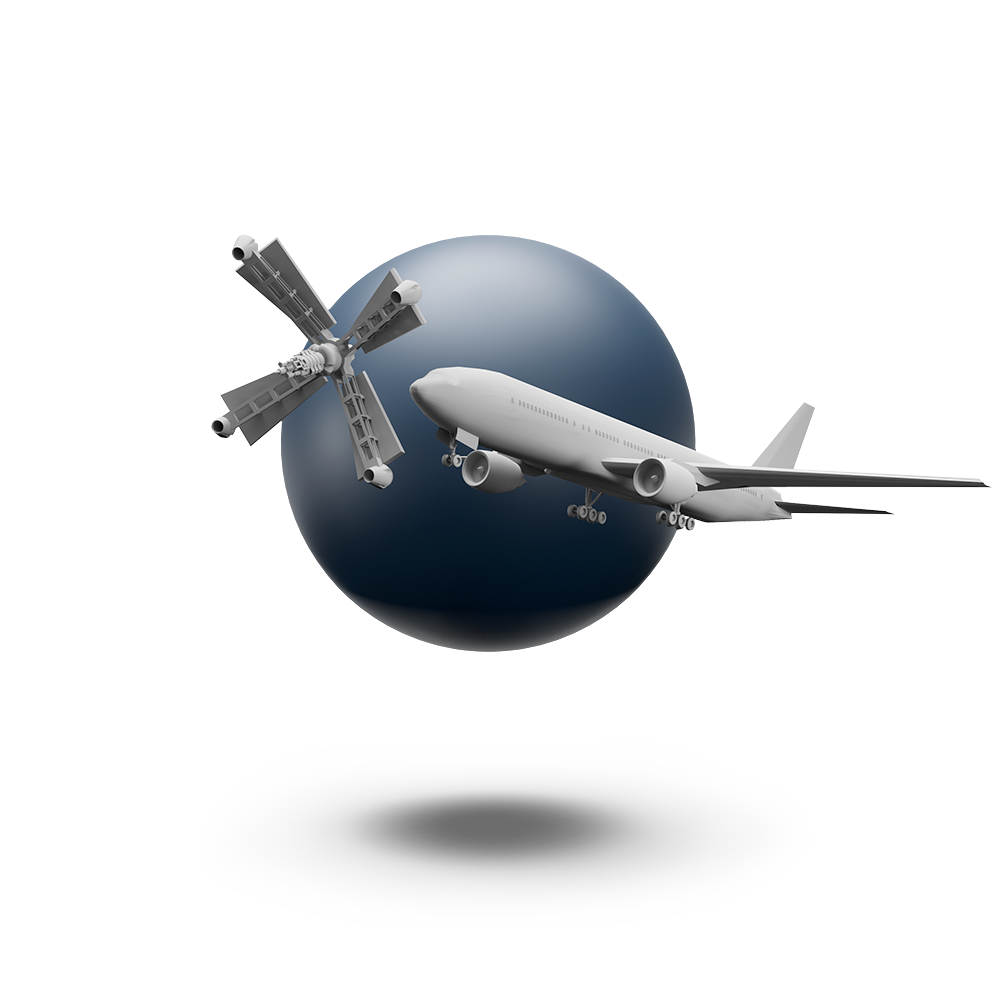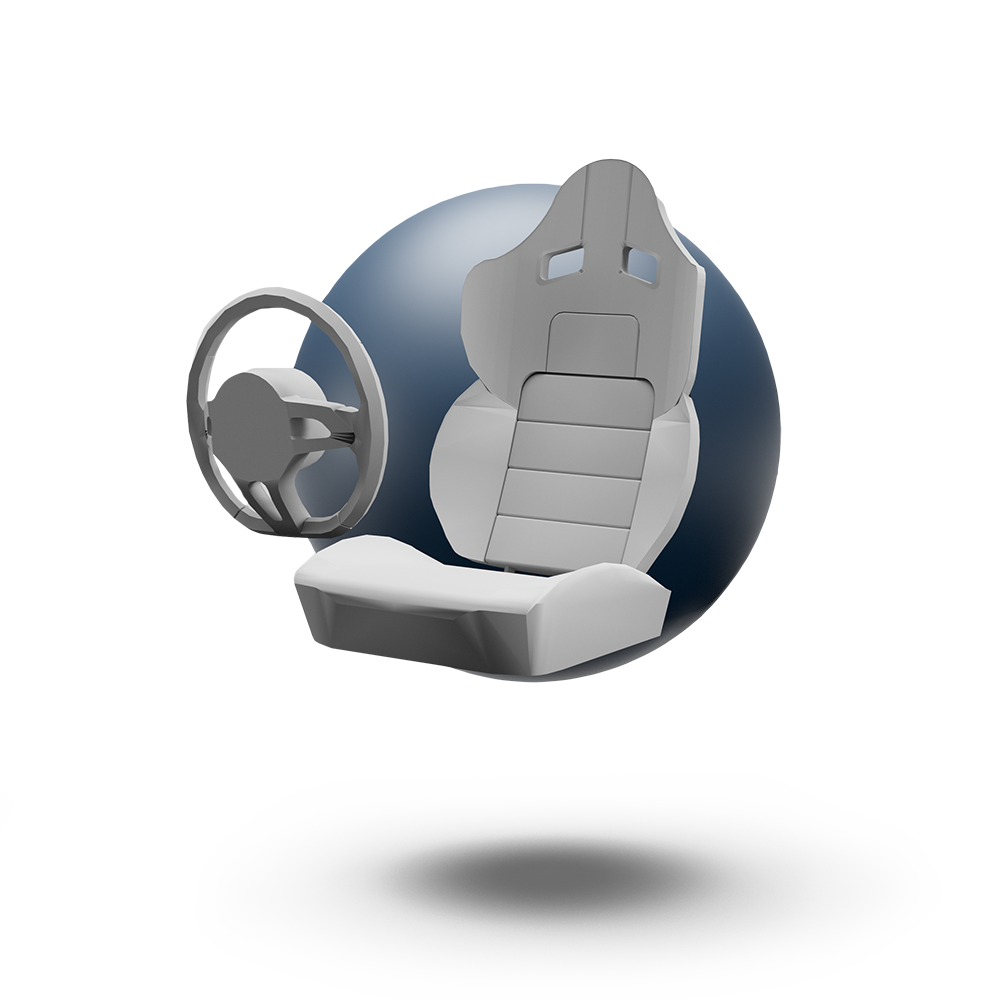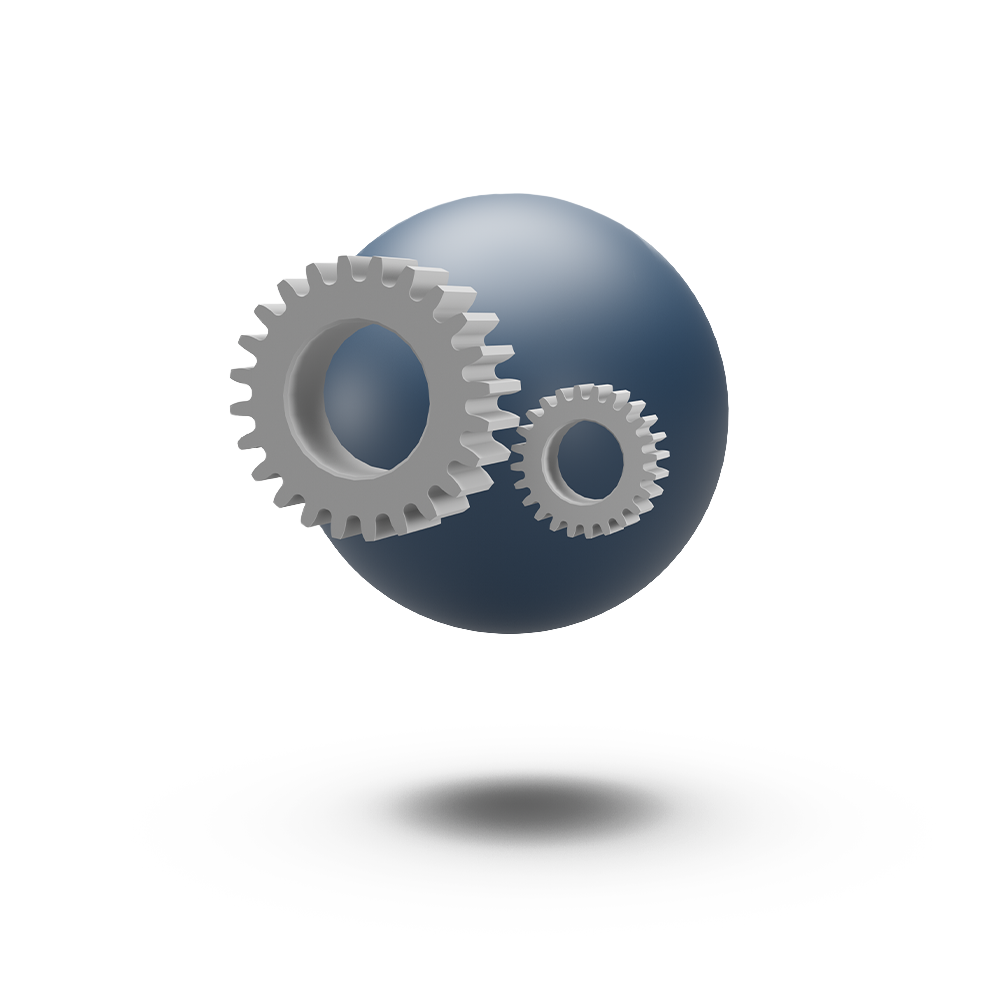
Aerospace
In the air and in space - TEC-KNIT is the first choice for high-quality technical textiles in the aerospace industry. We deliver innovations for a safe future.

Automotive
TEC-KNIT is your competent partner for technical textiles in the automotive sector. We develop and produce innovative textile technology solutions that meet the high demands of the automotive industry.

Industry
Technology meets function. TEC-KNIT is developer of technical textiles that are perfectly tailored to the needs of industry.
OUR DEMAND
Knitted fabrics that work
When selecting materials for our products, we set high standards for ourselves in order to achieve the best possible quality.
Each material fulfills different purposes and is always tailored to your needs. Take a look at our products.
TEC-KNIT moves